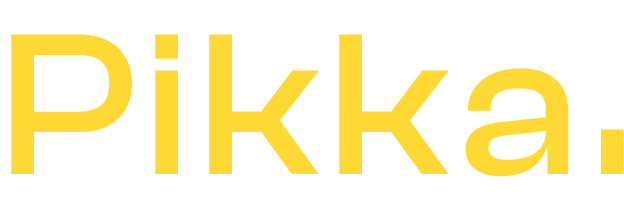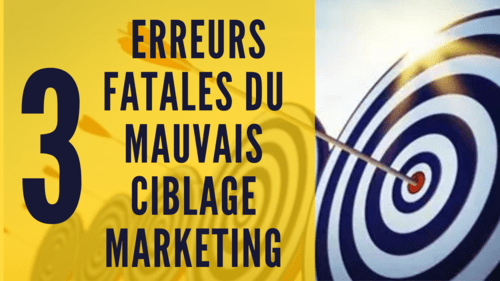As the year draws to a close, everyone is telling you what SEO (search engine optimization ) will be essential to do in 2025. But before talking about what you'll need to do tomorrow, I think it's useful to remind you of what you need to have done today.
Many people jump on the latest "SEO innovations" without having already applied the basics. Everyone wants to see their site appear in the top 3 results (which, I remind you, alone generate 60% of clicks) when you type keywords into Google. But to work on this, there's one solution: respect the 4 commandments of natural referencing!
1/ You will optimize your Meta tags
These are the basic elements that will tell search engines what your pages contain. We're essentially talking about the titles and descriptions that you'll see displayed in Google. These are simply the broad outlines of your pages.

Basic you might say... And yet we very often observe errors at this stage: titles or descriptions too long, too short, duplicated on several pages, brand name too present in the titles; etc. And with Google, errors are sometimes expensive (we are sent far down the ranking in the results)...
2/ You will publish pages with quality content
Content seems like a simple step to take. But it's not about writing a ton of words just for the sake of text.
You also need to have a wealth of content in the theme of the page, properly hierarchized with titles and subtitles (“h” tag). Everything must be perfectly detected by Google, which will be able to differentiate between blah blah and clean, organized and semantically rich content.
We won't talk about keyword stuffing because the opposite effect will occur in search engine results. This is called over-optimization, and it's heavily penalized by Google!
Bonus: When we talk about content, we often forget about images and videos. However, by entering their titles, Google can detect them and know what they're about (and therefore enrich your topic).
3 / You will have a keyword strategy
Any optimization of content meta (tags) or images is of little use if you haven't defined an effective keyword strategy.
You must therefore define a list of terms on which you will seek to position yourself. To make this choice, it is necessary to know the real requests on Google, and to master the problems of your personas, your targets.
Caution: We generally tend to focus on a generic keyword when we can work much broader. It is by targeting a set of keywords searched for our theme that we can increase traffic (attract more visitors) and consequently boost the interest in our website.
Let's take the example of someone who wants to be listed as a community manager. They won't stop at the term "community manager." They'll need to use a broader list of keywords: "manage a Facebook page ," "community management," "social media management," etc.
4/ You will control your “hidden” content
Probably the most neglected part: controlling your accessible content. At a time when sites are managed via online content management systems ( CMS ), you quickly end up with demo pages, templates, or pages generated by plugins installed but not used. These empty pages or articles (or with fake text) are not in your navigation, but remain online!
So you end up with a lot of content visible to search engines that find it, index it (crawl it and rate it) and find it rather poor, obviously. This considerably lowers your “quality” index with search engines.
And yet you thought you had optimized everything...
In conclusion, before embarking on experiments to improve your SEO, remember to check that you're applying the fundamentals. This is when your ranking will be up to par with your content, and you'll finally be able to implement innovative strategies to take things even further.







